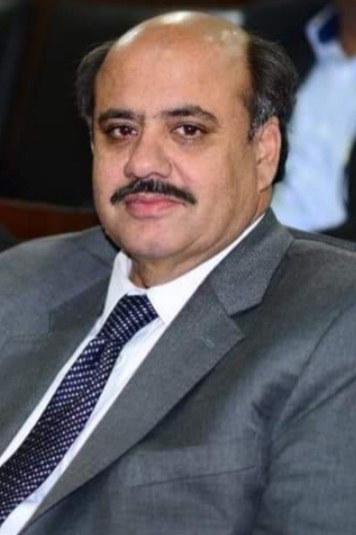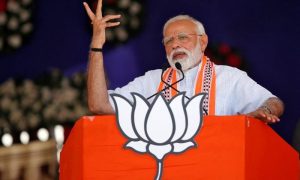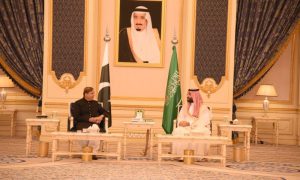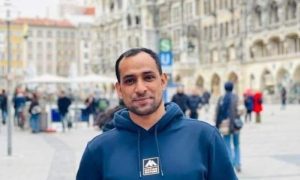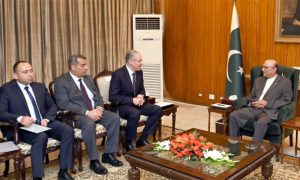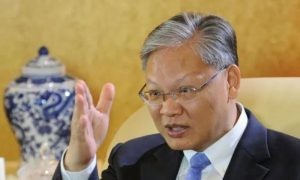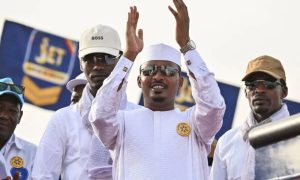Saudi Arabia has significant influence over global geopolitics, particularly in the Muslim World, Middle East, Arabian, and Red Sea due to being the custodian of Islam’s two holiest sites, geography, and natural resources. Therefore, Riyadh’s role is very deterministic in the Middle East North Africa (MENA) politico-economic stability and settling the current civil wars and Israel-Palestinian Hamas war in the region.
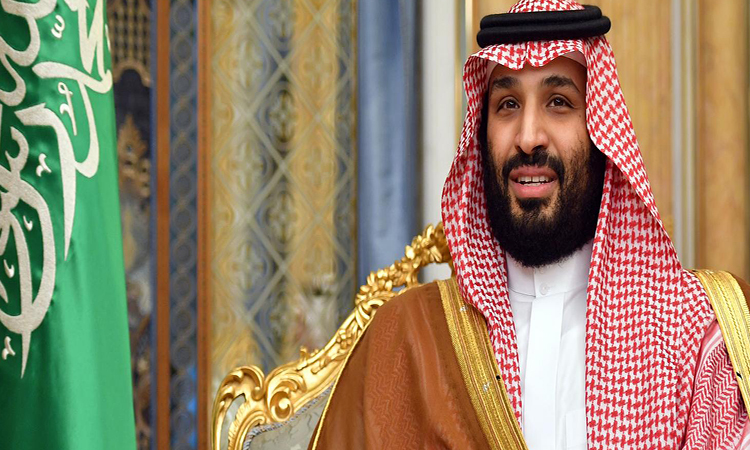
Crown Prince and Prime Minister Mohammed bin Salman has diversified Saudi Arabia’s foreign policy. He approached Beijing and Moscow, adopting a more independent policy that diverged from the previous traditional approach with the United States. However, while pursuing multidimensional engagement with the great powers, he maintained traditional friendship with the United States.
Besides playing a leadership role within the Arab world, Saudi Arabia is pursuing active economic cooperation in the multiple dimensions of the regional and global geoeconomics levels. Crown Prince’s Vision 2030, which aims to increase diversification economically, socially, and culturally, has made Saudi Arabia a favored location for major multinational companies’ investment. The flagship project of the vision is the NEOM initiative, a multibillion-dollar endeavour aimed at positioning Saudi Arabia as the region’s preeminent infrastructure, transportation, technology, business, and financial hub. Hence, today, the Saudi economy has grown by 8.7 percent, the highest among G-20 countries.
Crown Prince and Prime Minister Mohammed bin Salman’s diplomatic vision of peaceful coexistence has immensely improved Saudi Arabia’s relations with all the regional states, including Iran, Syria, Qatar, and Turkiye. Moreover, it improved the bilateral understanding between the major regional powers. Consequently, dozens of leaders, including Iranian President Ebrahim Raisi, Syrian President Bashar al-Assad, Qatar’s Emir Sheikh Tamim bin Hamad Al Thani, and Turkish President Tayyip Erdogan, participated in the extraordinary joint Islamic-Arab summit convened by Saudi Arab in Riyadh on November 11, 2023. These leaders’ participation has not only testified to the mature diplomatic skills of Crown Prince and Prime Minister Mohammed bin Salman but also signalled that Muslim leadership is united on the Palestinian cause, and they have a consensus on the two-state solution for durable peace in the MENA.
Indeed, without Saudi’s proactive participation, ending the Gaza war and civil war in Sudan, avoiding the brewing conflict between Iran and the United States in the Arabian Gulf, and decreasing the volatility in the Red Sea seem impossible. Therefore, everyone focuses on Riyadh’s regional and international diplomatic initiatives for peace.
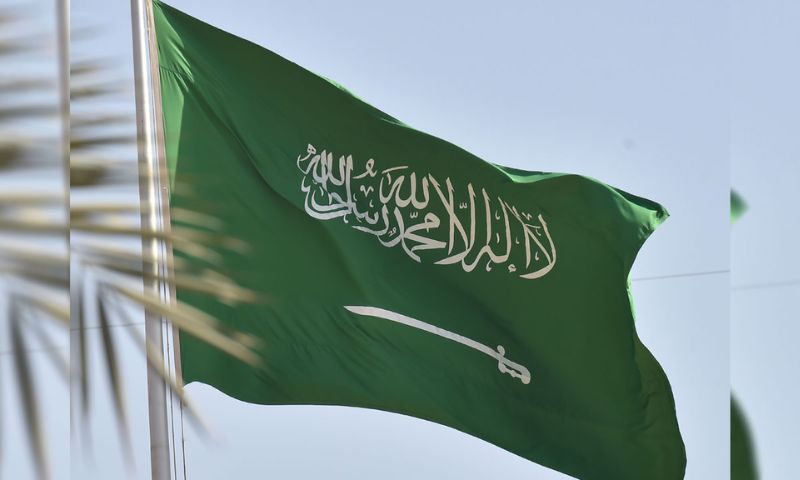
Saudi Arabia is the only country with a coastline along the Red Sea and the Arabian Gulf. Therefore, it can contribute constructively to ensuring the safety of sea lines of communication in the Sea and Gulf. Presently, Yemen’s Iranian-backed Houthi militia has been disrupting the merchant ships in the Red Sea.
Riyadh has blatantly questioned the legality of Israeli military aggression and the Americans’ diplomatic and material assistance to Israel. On November 11, 2023, Crown Prince and Prime Minister Mohammed bin Salman, while addressing the extraordinary joint Islamic-Arab summit, stated, “We are facing a humanitarian catastrophe that proves the failure of the Security Council and the international community to put an end to the flagrant Israeli violations of international laws.”
He also tasked his foreign minister to sensitize the international community over the brutality of Israeli defense forces in Gaza and lobby for an immediate ceasefire in Gaza.
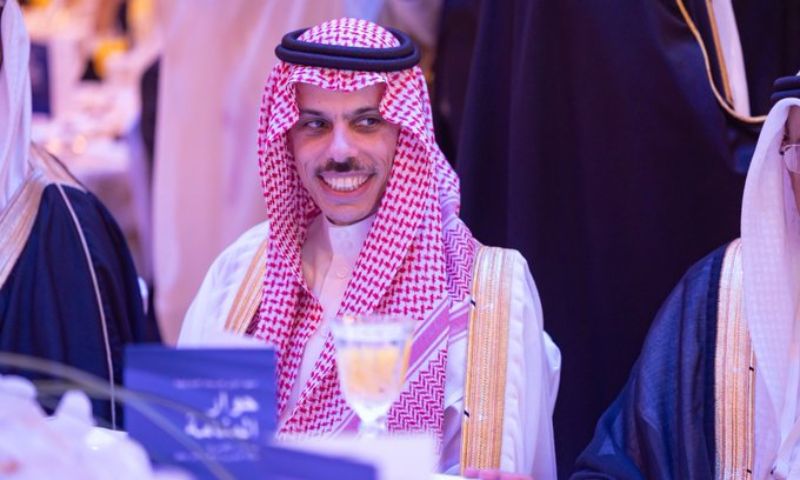
The Saudi Foreign Minister, Faisal bin Farhan Al Saud, led a diplomatic committee mandated by the Arab League and Organization of Islamic Cooperation that visited various international capitals and petitioned for an immediate end to the Gaza war. The extraordinary joint Islamic-Arab summit in Riyadh urged the International Criminal Court to investigate “war crimes and crimes against humanity that Israel is committing” in the Palestinian territories. On January 30. 2024, Saudi Arabia’s cabinet, chaired by King Salman, reiterated the Kingdom’s call for a complete ceasefire in Gaza and the protection of Palestinians and also requested the international community ‘to take action and hold Israel accountable for violating international law.’
To conclude, Saudi Arabia has always been leading in managing Middle Eastern intricacies. Therefore, its outright refusal of any political discussion before a ceasefire in Gaza is a pragmatic political approach to pressure Israel for permanent peace in the region. Moreover, Crown Prince and Prime Minister Salman’s Vision 2030 would have colossal economic dividends for the entire region.









